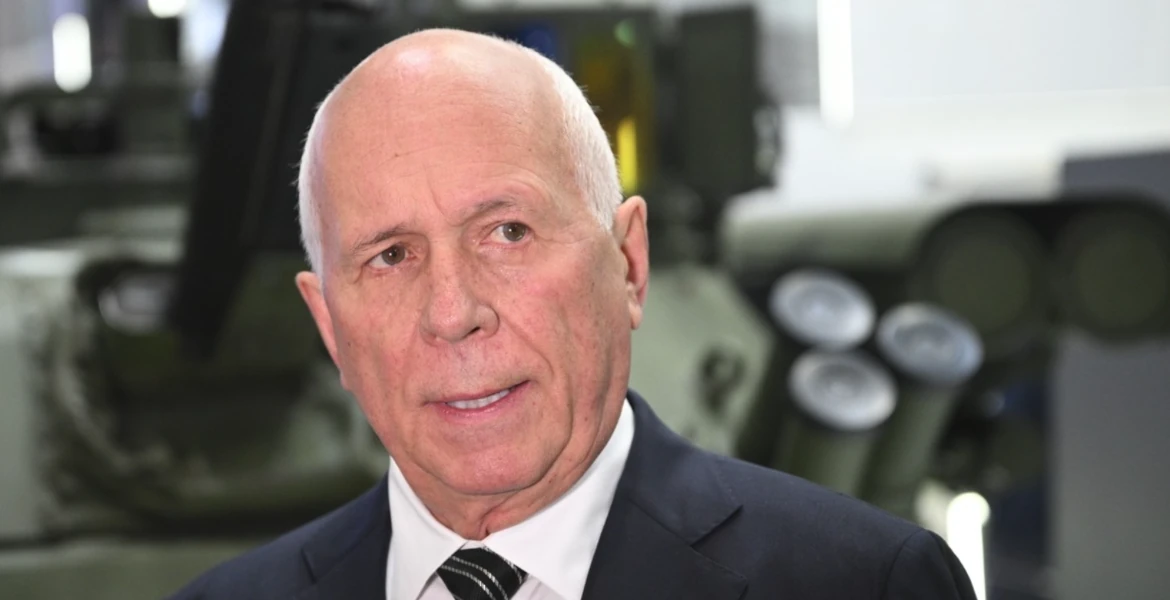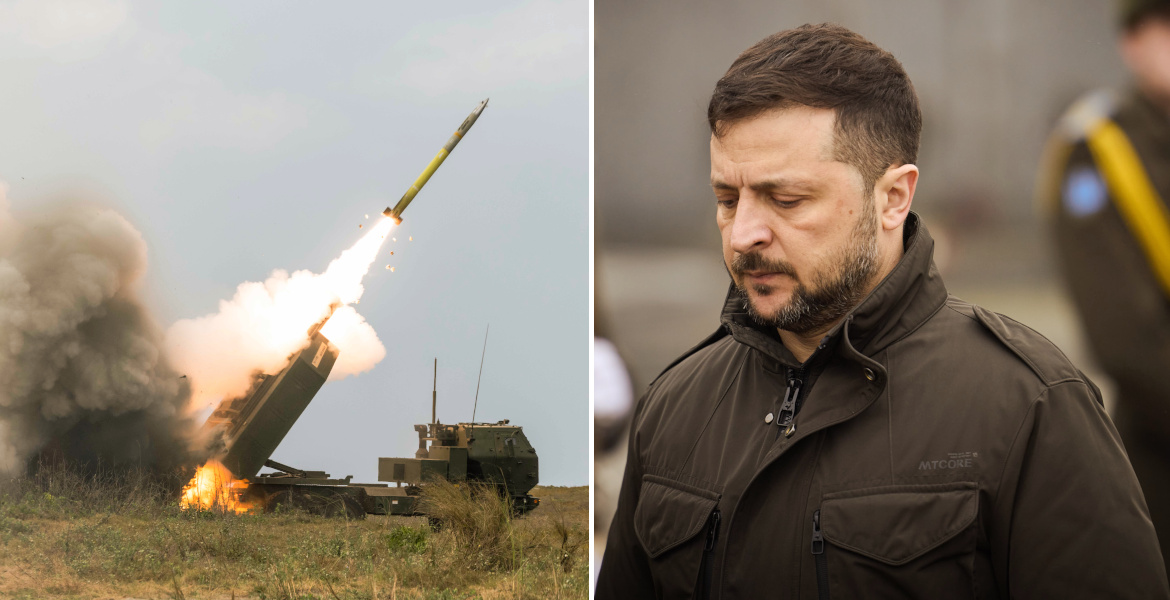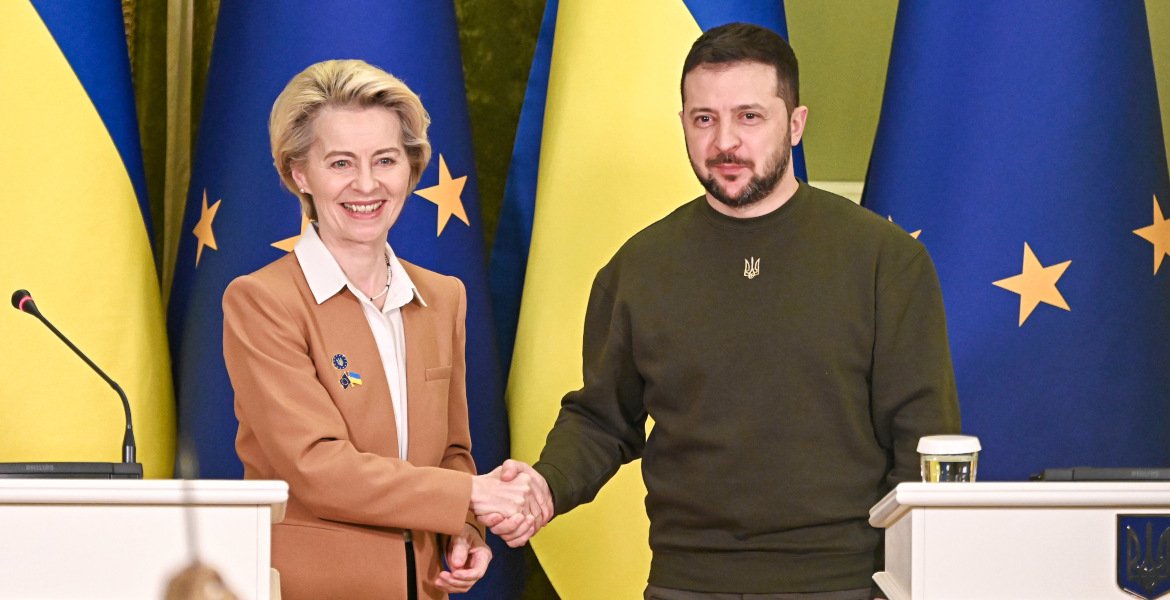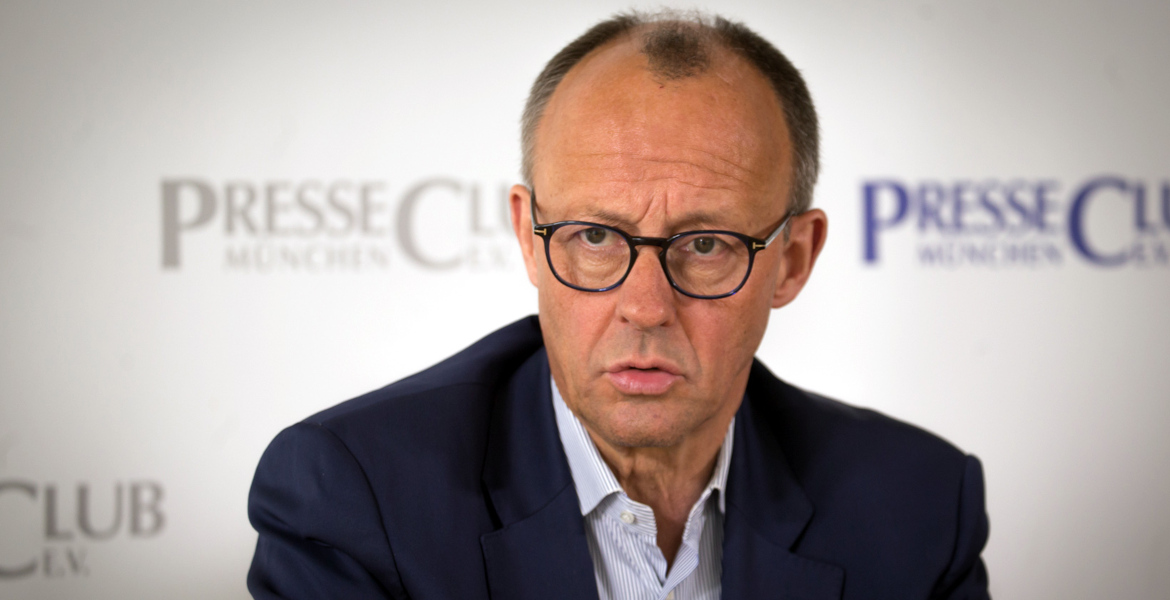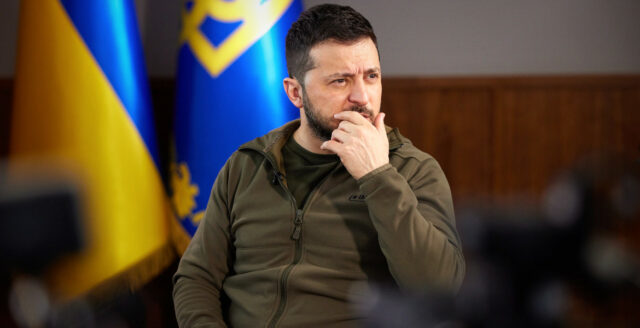The White House is urging Ukraine to lower the age of mobilization from 25 to 18 in its increasingly desperate attempts to counter the numerically superior Russian army. Critics warn that this could have serious consequences for Ukraine's young people and the country's already battered civil society.
A senior Biden administration official, according to the Associated Press, claims the US wants Ukraine to rapidly increase its military strength by revising the country's mobilization laws.
– The pure math of Ukraine’s situation now is that it needs more troops in the fight, the official explained.
He stressed that the US believes that "Ukraine is not mobilizing or training enough soldiers to replace its battlefield losses while keeping pace with Russia’s growing military".
Since the start of the war, the US has sent more than $56 billion in military aid to Ukraine and plans to continue with additional assistance before Biden's term ends. The White House now says Ukraine has enough weapons but not enough soldiers.
– We will continue sending Ukraine weaponry but manpower is the most vital need. We’re also ready to ramp up our training capacity if they take appropriate steps to fill out their ranks, commented Sean Savett, spokesman for the White House National Security Council.

At least 160,000 new recruits
Ukrainian authorities have estimated that they need around 160,000 new soldiers to meet their military needs, but the US believes the number could be even higher. Currently, more than one million Ukrainians wear uniforms, including the National Guard and other units.
Despite this, manpower shortages have become a growing problem, not least because of Ukraine's ongoing offensive in the Kursk region, which, according to reliable sources, has been at a virtual standstill for some time.
Ukrainian President Volodymyr Zelensky has previously opposed lowering the conscription age, stressing that the lack of equipment is a bigger obstacle than the lack of soldiers. A Ukrainian official, who also chose to remain anonymous, questions the intentions of the West in calling for the youngest soldiers to be sent to the front.
– We see the push to the lower the draft age as part of an effort by some Western partners to deflect attention from their own delays in providing equipment or belated decisions. The Ukrainians do not see lowering the draft age to recruit more soldiers as a substitute for countering Russia’s advantage in equipment and weaponry.
Update: Endless War!! Biden administration demanding Ukraine lower draft age from 25 to 18 to meet manpower needs to continue the NATO Proxy War against Russia! pic.twitter.com/hzAdI2ge0z
— US Civil Defense News (@CaptCoronado) November 27, 2024
Impacts civil society
Since April this year, Ukraine has been trying to broaden the base of conscription by lowering the upper age limit from 27 to 25 and abolishing some exemptions. These measures are estimated to make an additional 50,000 soldiers available, but they fall far short of the need that Zelensky himself has stated exists.
Critics in Ukraine warn that further cuts in the conscription age could also backfire by taking young adults out of the workforce and hitting the already battered economy.
– There are no easy answers to Ukraine’s serious manpower shortage, but lowering the draft age would help, says Bradley Bowman of the Washington-based think tank FDD's Center on Military and Political Power.
Conscription remains a sensitive issue in Ukraine. The reduction of exemptions and the potential lowering of the age limit to 18 could further increase the human cost of a war that has already claimed hundreds of thousands of lives.
US pressure on Ukraine to recruit more young people coincides with the impending power shift in Washington. President-elect Donald Trump has promised to end the war quickly, creating uncertainty in Kiev about future US support.

